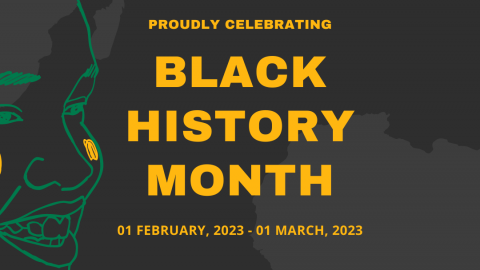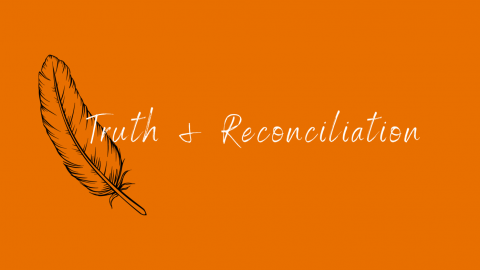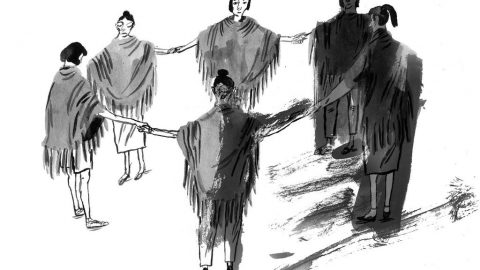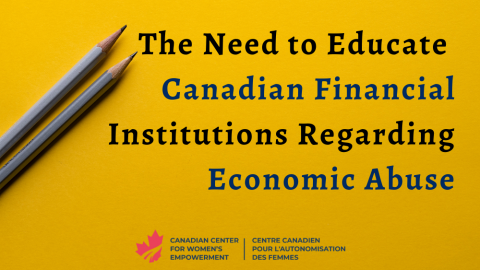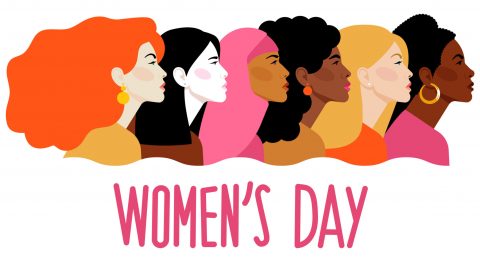Interview with Katherine Kalinowski, CEO of Good Shepherd Centers of Hamilton
Income and food banks are some of the things that women struggle with when they are placed in a situation that does not allow them to purchase food often then turning to food banks. For years governments have failed to address the income inequality that women face, and rather than women earning the same as men and becoming financially independent, they face using food banks. Food banks and donation collection points in many local grocery stores have been normalized and the burden of stocking food banks has been placed on the consumer. Additionally systems such as Ontario Works (OW) and Ontario Disability Support Program (ODSP) are not funded well enough to allow women and children to escape the bonds of poverty. I am not suggesting that people stop donating to food banks but rather that governments address the system that places people in situations that require them to access food banks.
Katherine Kalinowski, CEO of Good Shepherd Centers of Hamilton, Ontario echoed this point in our interview:
KK: Our government structures are such that they don’t trust people who are in crisis, such as poverty, to manage their own lives. They infantilize systems by supporting a food bank but not supporting giving people enough money to buy food for themselves.
Controlling women’s right to be economically independent and equating that to women’s femininity, and framing women as being foolish about money and not being able to understand how to manage money so it becomes the natural order for men to make those kinds of decisions. More powerfully are the institutional and economical forces that shape women’s lives and reinforce the cultural and personal experiences of economic abuse. One such fact is that women earn about 75 cents to every dollar that men earn for similar work. Women have reduced economic opportunity even when the work is precarious and or ‘off the books’ and have a greater risk of being in poverty for long periods of time. This places women at greater risk of exploitation which continues the abuse. Then there is judgement on women from society in general but also from professionals in the community who make also sorts of judgements about women’s experiences and the strategies they may use to cope with the economic abuse. This is so harmful for women.
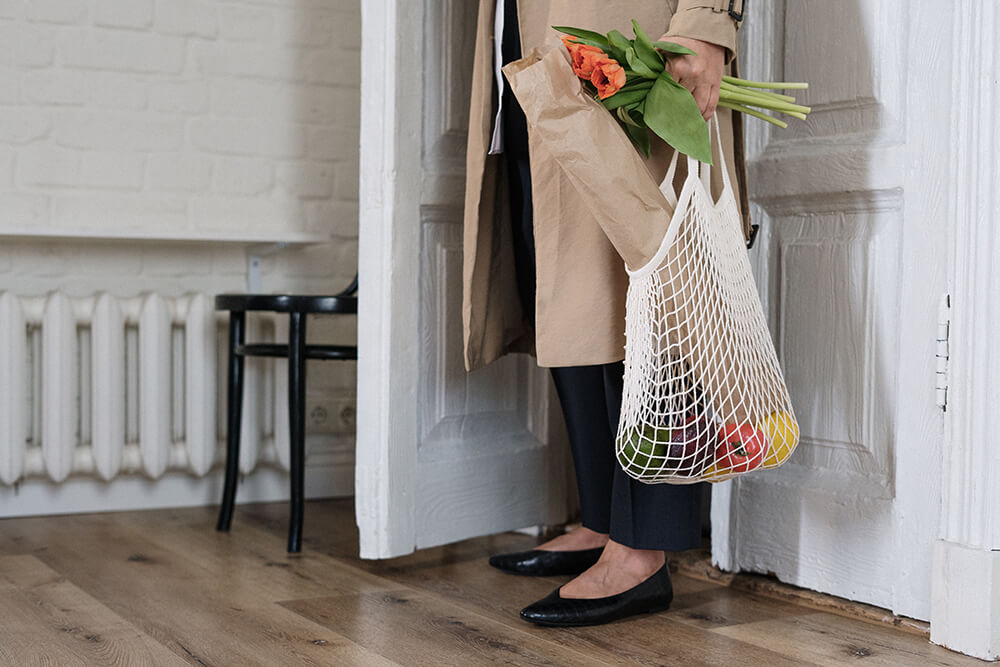
The lack of affordable housing
The lack of affordable housing in many parts of Canada places an additional burden on women and children domestic violence survivors when they leave their homes.
KK: Women are being asked to rebuild their lives after leaving abusive relationships. Violence against women shelters provide women with an opportunity to rebuild their lives in a community that is free from violence but we are asking them to do it on a faulty premise because in this community (in Hamilton, Ontario) there is an absolute absence of affordable housing. OW and ODSP are abysmally underfunded and have been for many years losing ground and being on these benefits is to confine women and/or their family to poverty, because they can’t afford housing, they can’t afford to buy food or even shoes for their children. It is unacceptable. You take women who have experienced trauma and say to them: if you were not living in poverty before you will be now, so welcome to your new world.
Even for women who have credentials or may have had a living wage employment prior to leaving a relationship, many women can’t return to full employment like they used to before anyway; as women navigate through the family court system, the lack of affordable day-care, trauma, and with kids who are trying to resettle who may have fears about their safety. This reduced income impacts the woman’s ability to sustain housing. This further places women in situations of poverty; which then can place women in situations where child welfare becomes involved in their lives, especially if they are in a battle with their former partner for child custody.
Many women express fears, which can be real or perceived, that if they cannot afford adequate housing, or don’t have enough food, or cannot pay for activities for the children they will be judged as being inadequate for their parenting. Child welfare agencies are aware of these dynamics and these are very legitimate fears for women. Added to these concerns can be the intersectionality of women’s lives such as disability, racialized women, Indigenous women who are then further judged. This is an awful scenario for them.
Next week we’ll share more of our interview with Katherine Kalinowski, CEO of Good Shepherd Centers with more insight into the needed shifts required to fight economic abuse. CCFWE empowers survivors across Canada through programs and resources focused on wellness and self-care, education and awareness, economic empowerment and advocacy. Show your support for domestic and economic abuse survivors and sign CCFWE’s petition to protect and support survivors of economic abuse.
By Manjit Kaur CCFWE Volunteer

